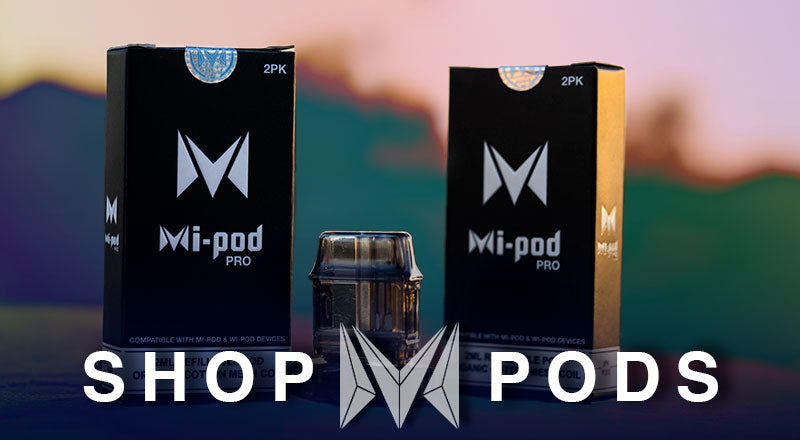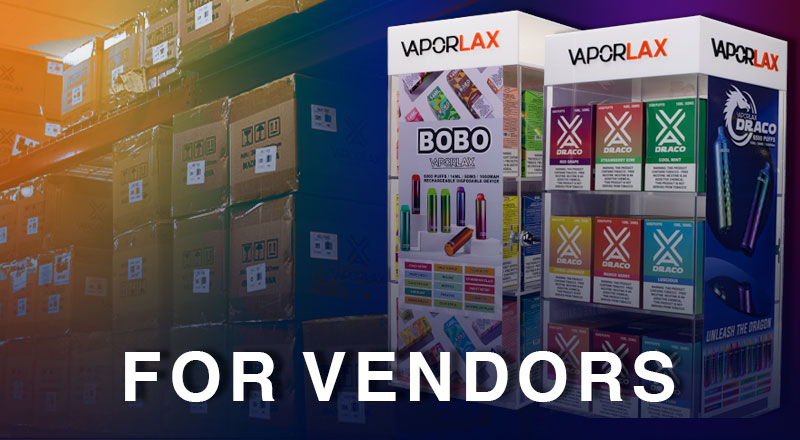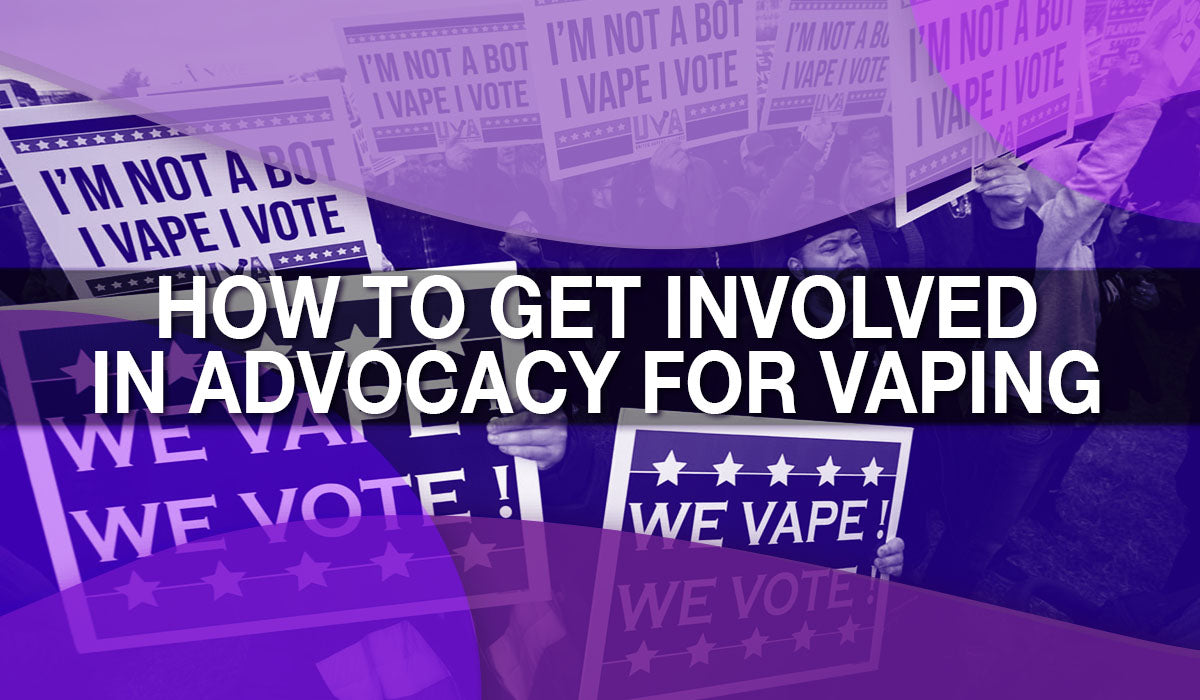Fight Federal Nicotine Tax That Punishes Vapers and Rewards Big Tobacco
A proposed bill, introduced to both Houses of Congress, would impose the first federal tax on vaping products and nicotine pouches. If passed, vaping would become significantly more expensive than smoking. This would represent a huge win for Big Tobacco, and a blow to adult vapers.
The law proposes a tax rate on vapes of approximately 5.5 cents per milliliter of nicotine with the tax on cigarettes only about one-fifth of that amount.
Senate Bill S 2929, introduced by anti-vaping Senator Dick Durbin and sponsored by eight other Democrats, claims to equalize taxes between cigarettes and other nicotine products.
An identical House version, HR 5715, was introduced by Illinois Democrat Raja Krishnamoorthi.
Please take the time to make your voice heard by clicking on the image above or visiting CASAA's National Call to Action to Stop HR 5715 and S2929.
In their call to action, vaping advocacy group CASAA stated:
According to the FDA, serious tobacco scientists, the UK’s Royal College of Physicians, and several other international government health agencies, tobacco products exist on a “continuum of risk.” These groups are also aware that nicotine is not the source of harm. While CASAA members and other nicotine consumers are experiencing a reduction of harm by moving down the risk continuum with products like e-cigarettes, snus, and nicotine pouches, sponsors of HR 5715/S 2929 are displaying willful ignorance about the tobacco risk continuum.
Tax Burden on Vapers
Measured on a milligram-to-milligram basis, cigarettes would have a nearly five-fold advantage in terms of tax burden when compared to nicotine from vapes.
Here is how the federal tax would break down on different types of vapes. Cigarettes will be hit with a tax rate of about $2.00 per pack, the average disposable vape will be crushed under a $41 dollar tax.

Bad Science and Bad Public Policy
This enormous tax rise, which will surely cost jobs, is almost certain to drive countless vapers back into the arms of the tobacco industry. A recent FDA study found that cigarette sales increase in areas with flavor bans. It is a nearly one-to-one tradeoff, as fewer vapes are also sold.
Check out our deep-dive into this study in our feature article: FDA Study Shows Vape Flavor Bans Increase Cigarette Sales.
This is not Durbin’s first effort at a tax equity bill that would deny adults access to ash and smoke free cigarette alternatives. He also attempted to funnel vapers back into the arms of Big Tobacco with the similar Tobacco Tax Equity Act of 2021. This bill was scuttled at the last minute by Democratic Nevada Senator Catherine Cortez Masto.
Details of Federal Vape Tax
If HR5715/S 2929 are enacted, consumers will end up paying approximately 5.5 cents per milligram of nicotine in vape products. Based on the industry standard of 9mg of nicotine per cigarette, cigarette smokers face a tax of about 1 cent per ml.
A vaper who uses a typical 15ml disposable vape with a nicotine strength of 50mg/ml would pay $2.75 per ml of e-liquid, or $41.25 in tax per device. This would be on top of the device cost, local taxes, states taxes, and shipping if ordered online. Landed, a disposable would now cost more than $70, instead of $20 to 30 dollars.
Lower nicotine freebase juices would not be hit as hard, but a 120ml bottle of 6mg/ml nicotine strength e-liquid would face $40 in additional federal taxes.
Juul and RJ Reynold's Vuse Alto, the most popular vape on the market, are profit leaders and hold a minimal amount of e-liquid compared to a disposable vape or bottled juice. But this is a false savings, and simply the result of their paltry e-liquid capacities.
False Economy of Prefilled Pods
A Juul pod holds a meager 0.7ml and the Vuse Alto 1.8ml. This price premium masks the harshness of the tax hike on these products.
Each Juul pod, with a nicotine strength of 59mg/ml would cost an extra $2.25. Keep in mind that this is only a function of the small pod capacity. Juul faces the highest tax per ml as it has the highest nicotine strength.
To vape 30ml of Juul nic salts you would have to pay nearly $100 in federal taxes, on top of the product's already lofty price tag per ml. You just have to buy eleven four packs to get to the equivalent of a nic salt bottle. It takes about four Vuse Alto four packs to equal a nic salt bottle.
Humane Alternatives
The decision to punish adult vapers and funnel them onto cigarettes is an attack on freedom and public health. Teen vaping levels have been addressed with a suite of quite restrictive laws and are well down from their peak five years ago.
If the bill passes, will the money raised by vape taxes be used to cover the added burden on our healthcare system when cigarette smoking rates increase? Unless our political leaders are so filled with hubris they believe abstinence and prohibition will work this time.
To recap, the FDA recently released a study showing vape flavor bans increase cigarette sales. A tax of this magnitude will simply kill the independent vape industry dead, bolster tobacco industry sales, and force vapers onto the black market.
Compare US efforts to reward Big Tobacco and deny adult vapers access to superior alternatives with the UK's more humane approach to vaping. Their National Health Service hosts both a "Using e-Cigarettes to Quit Smoking" website and "Vaping to Quit Smoking" resource page.







Leave a comment
This site is protected by hCaptcha and the hCaptcha Privacy Policy and Terms of Service apply.